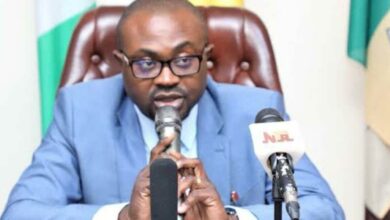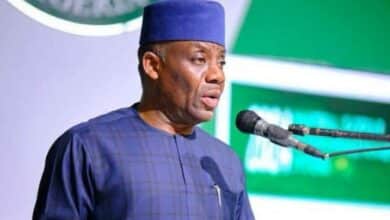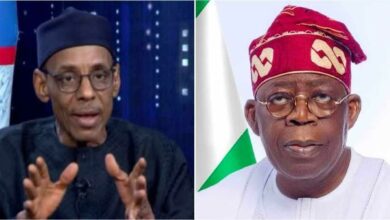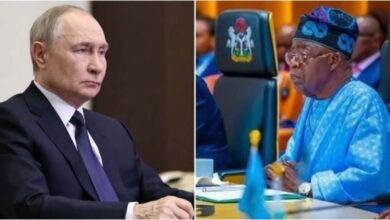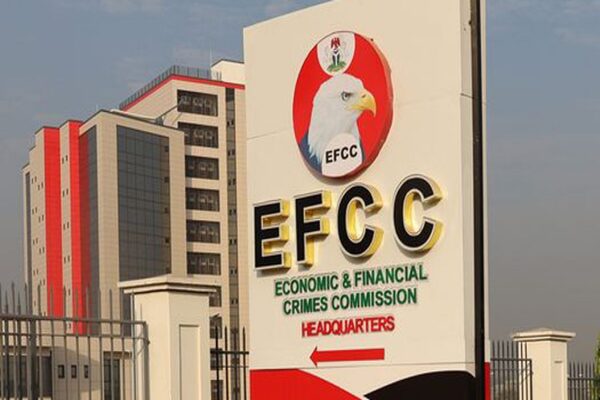
A Federal High Court in Abuja has granted the Economic and Financial Crimes Commission (EFCC) approval to freeze 24 bank accounts across multiple financial institutions over allegations of terrorism financing.
According to reports, Justice Emeka Nwite issued the ruling following an ex-parte motion presented by EFCC counsel Martha Babatunde.
The court permitted the accounts to be frozen for 90 days while investigations continue. The motion, filed as FHC/ABJ/CS/1897/V/2024, was submitted by Senior Advocate of Nigeria, Ekele Iheanacho.
Iheanacho requested the court’s authorization to freeze the accounts, which belong to Lawrence Lucky Eromosele, who is under investigation for alleged involvement in kidnapping. He explained that the accounts are being examined for suspected money laundering and terrorism financing.
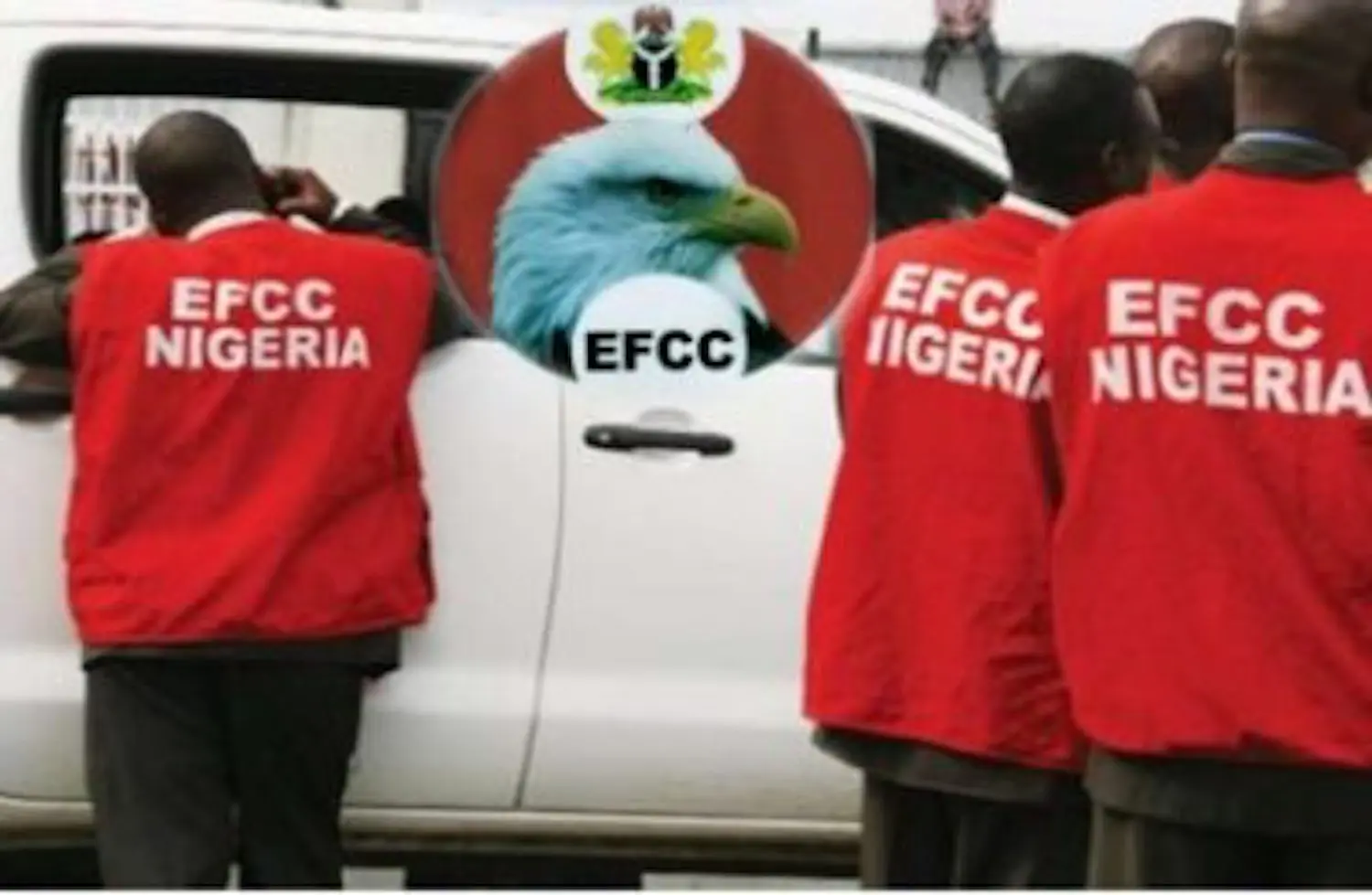
The EFCC senior counsel further revealed that preliminary findings link the accounts to individuals using virtual cryptocurrency platforms to illegally manipulate the naira’s value and launder funds derived from criminal activities. He emphasized the need to secure the funds until the investigation and any subsequent prosecution are completed.
An affidavit filed by Mohammed Khalil, an investigator with the EFCC’s Special Investigation Team operating under the Office of the National Security Adviser (ONSA), outlined the case details.
Khalil stated that the investigation was initiated following directives from National Security Adviser Nuhu Ribadu to address a significant threat posed by a criminal syndicate targeting senior NSA operatives.
Khalil disclosed that the syndicate had been threatening NSA operatives and their families, providing detailed personal information, including home addresses and movements, while demanding ransom payments. He alleged that an unidentified individual contacted one of the operatives, demanding money in exchange for the safety of the operative and their family members.
“Attached and marked as Exhibit EFCC 1 is the printout of the chat between one of the perpetrators and the operative,” Khalil noted.
The investigator stated that the team had traced bank accounts linked to the suspects as part of efforts to mitigate the threats. He added that intelligence revealed these accounts were being used to exchange funds for criminal and terrorist activities through covert cryptocurrency transactions.
“Attached and marked as Exhibit EFCC 2 are the bank statements of one of the suspects,” Khalil said, emphasizing the importance of freezing the accounts listed in Schedule 1 of the motion paper to facilitate the ongoing investigation.
During the hearing, Babatunde, representing the EFCC, informed the court that the motion was dated and filed on December 17, 2024. She urged the court to grant the relief sought, adding that the investigation would be concluded within 90 days.
Justice Nwite approved the request and adjourned the case to March 24, 2025, for further mention.
